Are Tortillas Vegan?
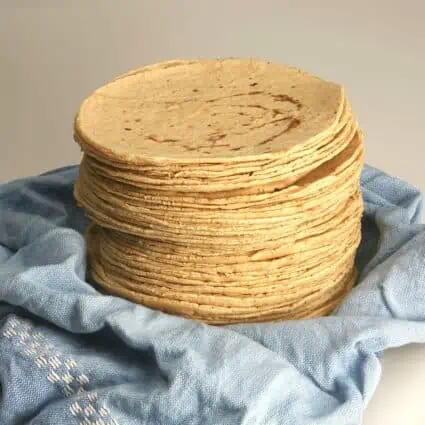
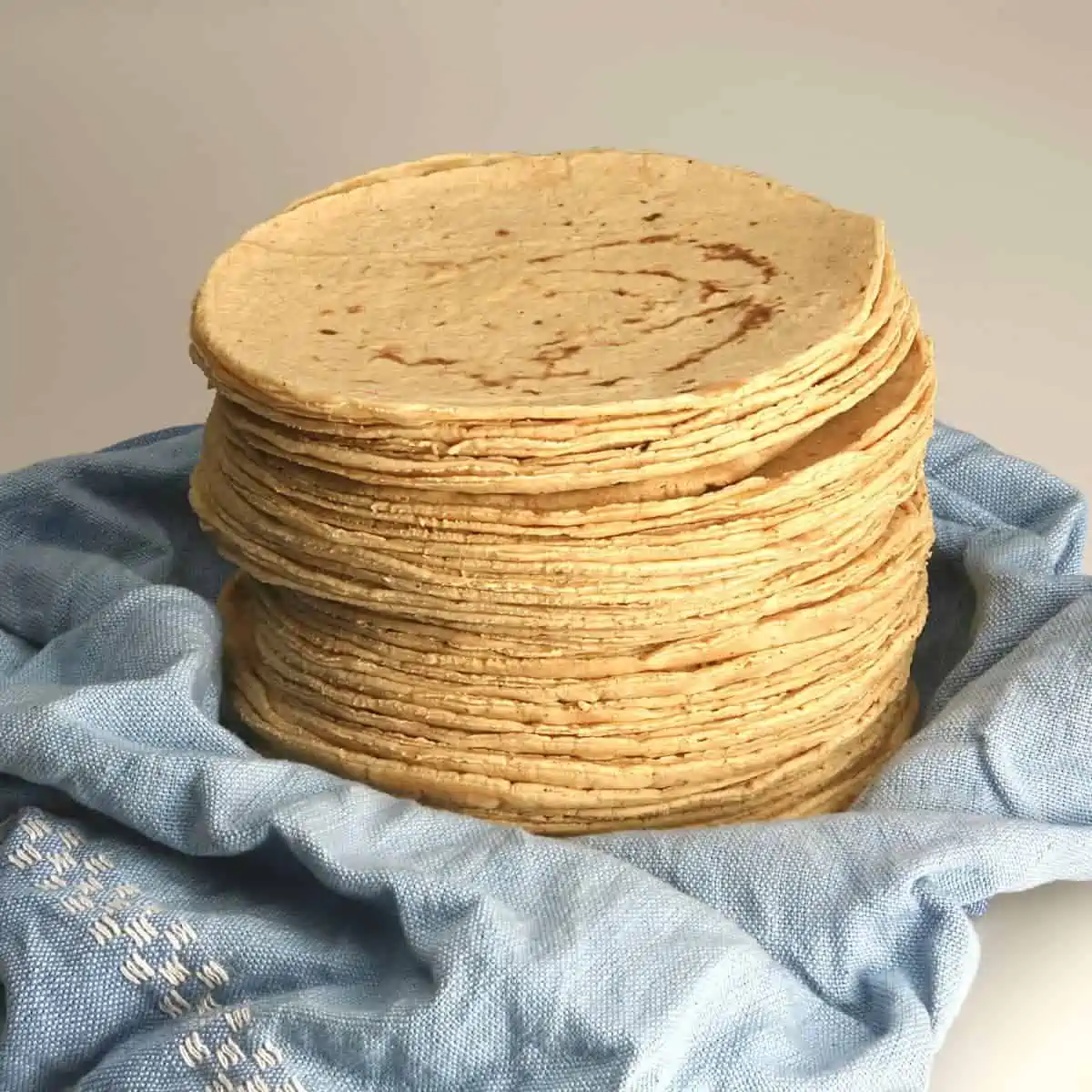
Tortillas are the foundation of Mexican cuisine. Burritos and tacos get a lot of love, but let’s not forget the incredible range of dishes that these humble flat breads support. Everything from crispy taquitos and tostadas to tender scrambled migas and cozy tortilla soup needs a tall stack of this perennial staple to take shape.
There are entire aisles dedicated to tortillas in some grocery stores, shelves overflowing with options in every shape, size, and color. It can be an overwhelming experience when you just want to know one thing: Are tortillas vegan?
Table of Contents
What Are Tortillas?
Defined as simply a thin round of unleavened bread made from cornmeal or wheat flour bread, which can be eaten hot or cold, tortillas were first made by the indigenous peoples of Mesoamerica as early as 500 BCE. They’re often used to wrap up or sandwich savory fillings but can also be used for desserts, or fried and eaten solo as chips.
Most tortillas are sold at room temperature and can be kept at home in the same way but will last longer if refrigerated or frozen for long term storage. Even stale tortillas are still useful in many recipes though!
Different Types Of Tortillas
There are two categories that all tortillas fall under: Corn or flour. Those are umbrella terms that contain a multitude of variations on those themes.
Corn Tortillas
Corn is the original base for the earliest tortillas. The process starts with whole dried corn, which is boiled with calcium hydroxide, softening the kernels and makes their nutrients more bioavailable (AKA, easier to absorb.) This is known as nixtamalization.
Then, the corn is finely ground to create a soft dough called masa, which is an essential building block for many other Mexican dishes. In this case, the masa is rolled into small balls and pressed flat before being cooked briefly on a hot griddle.
The most common types of corn tortillas are:
- Yellow corn
- White corn
- Blue corn
- Crunchy or hard taco shells
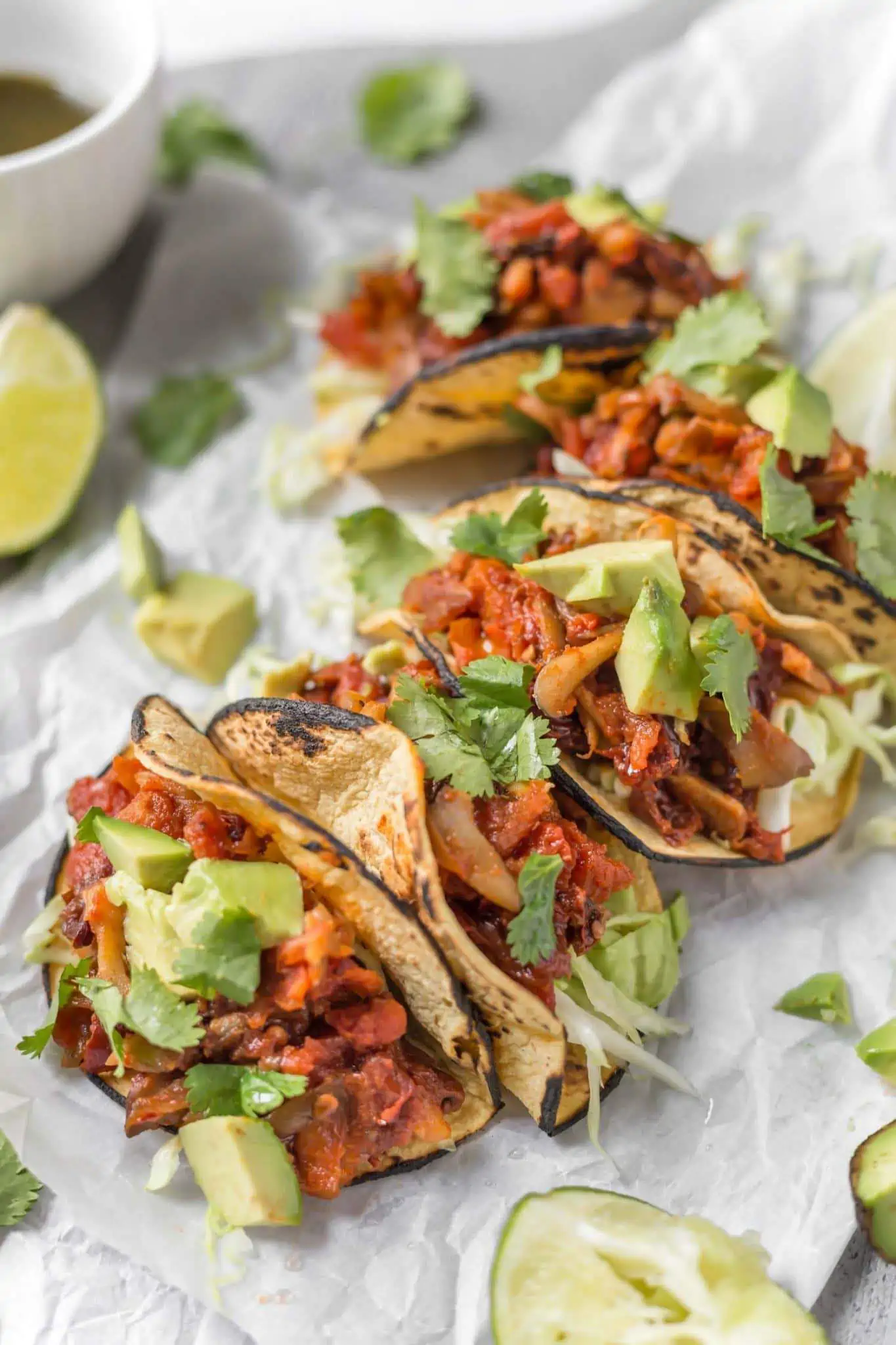
Flour Tortillas
Thicker and more resilient wheat flour tortillas tend to be favored by Spaniards and Texans in particular. This opens the door to a bold new world of flavors and flours, too. Here’s what you can expect to find in stores:
- White flour
- Whole wheat flour
- Gluten-free flour
- Flavored, such as spinach, tomato, chipotle, etc.
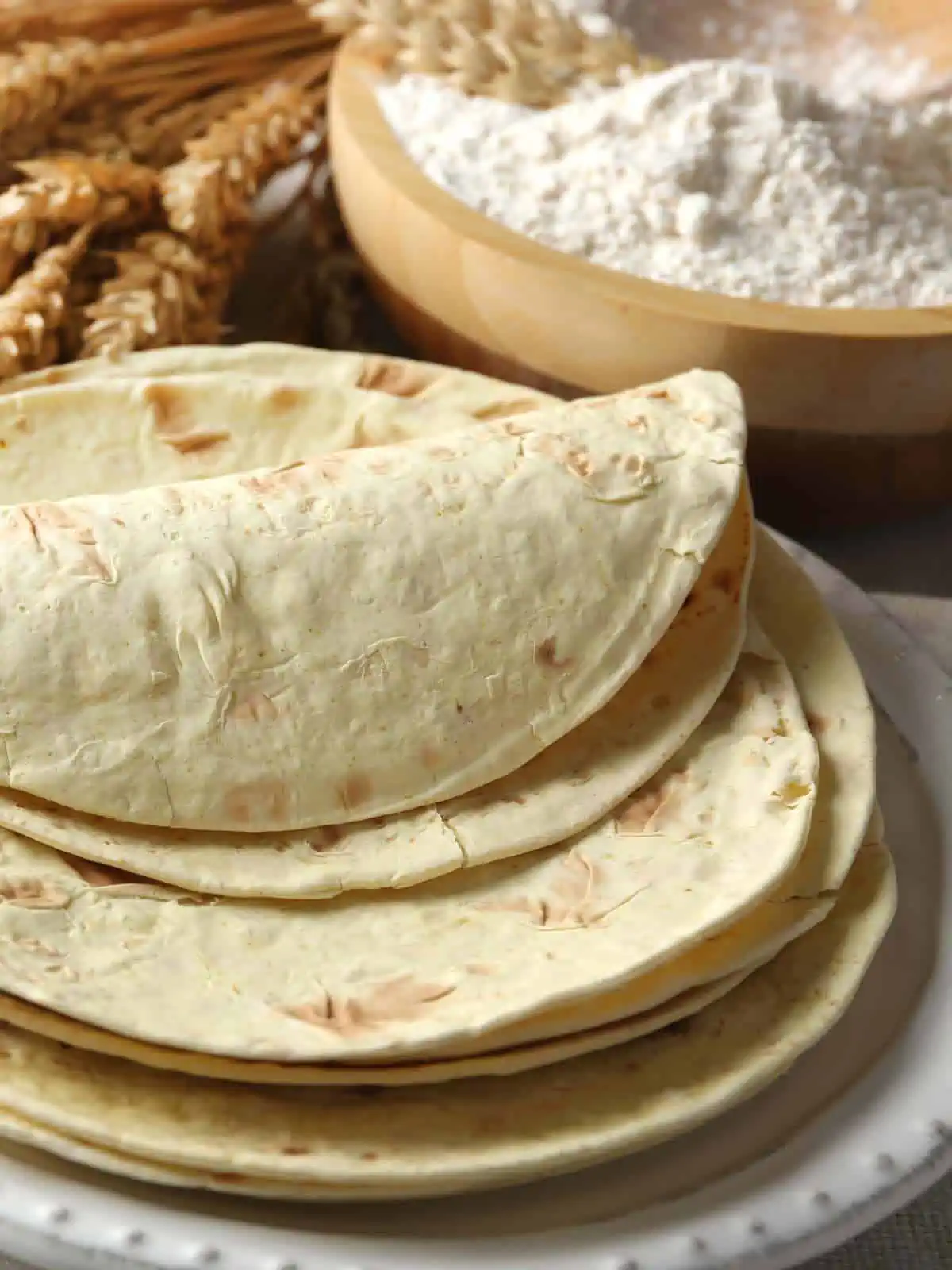
50/50 Tortillas
Get the best of the worlds by combining equal parts flavorful, toasted corn with sturdy yet flexible wheat. Just as you might imagine, these tortillas are made with half cornmeal and half wheat flour.
Ingredients To Look Out For That Are Not Vegan-Friendly
The best vegan tortillas should have a short list of ingredients to read through. However, it’s becoming increasingly complicated with modern manufacturing introducing additives meant to improve textures and extend shelf life. These are the primary problem ingredients to avoid to ensure your meals are 100% plant-based:
- Lard: Lard is the biggest potential offender in tortillas. It was the most abundant, affordable cooking fat for centuries, and some people don’t consider tortillas to be “authentic” without it.
- Butter: Though less common, some swap lard for butter to make wheat tortillas with a richer, more decadent flavor.
- Buttermilk: Only seen in flour tortillas, buttermilk or buttermilk powder is sometimes added for a softer, more pliable texture and richer flavor.
- Egg: Low-carb, gluten-free, paleo, and keto tortillas may use eggs or egg whites (also potentially listed as albumin) as a binder to hold together otherwise crumbly doughs.
- Cheese: Only a concern in tortillas with special novelty flavors, you might occasionally find some with cheddar or pepper jack mixed right into the dough.
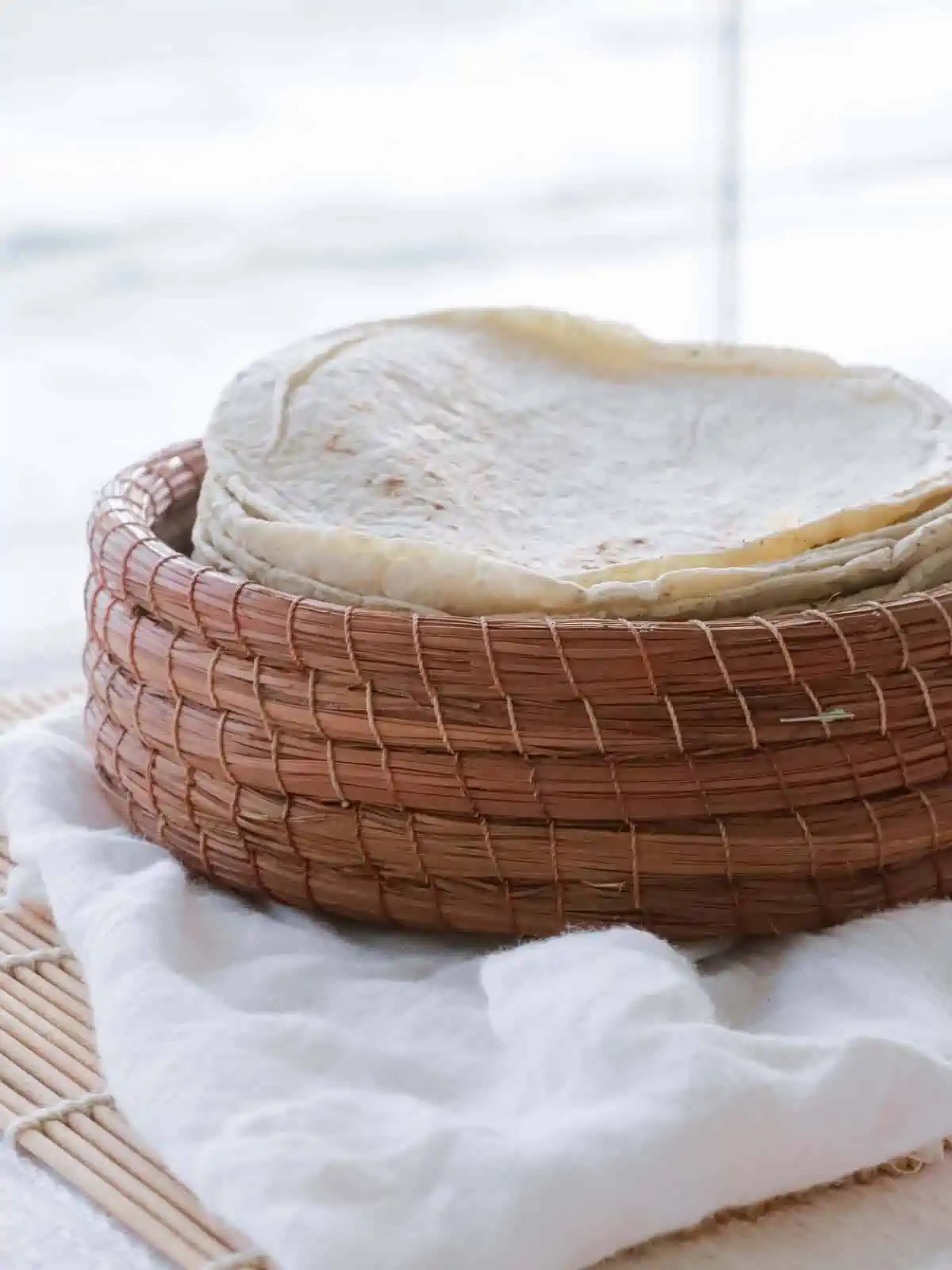
Vegan Tortilla Brands
Most mainstream tortilla brands currently on the market are either explicitly or “accidentally” vegan. Formulations can change at any time, so always check the labels to confirm. Here are your best bets for the best plant-based tortillas:
Siete Foods
Siete Foods is renowned for its diverse array of vegan tortillas made from grain-free and gluten-free ingredients, catering to a range of dietary needs and preferences. Their commitment to health-conscious alternatives and innovative flavors sets them apart in the realm of plant-based tortillas. Try their grain-free burrito-sized tortillas, grain free taco shells, or their various gluten-free tortillas made with almond flour, chickpea flour, or cassava flour.
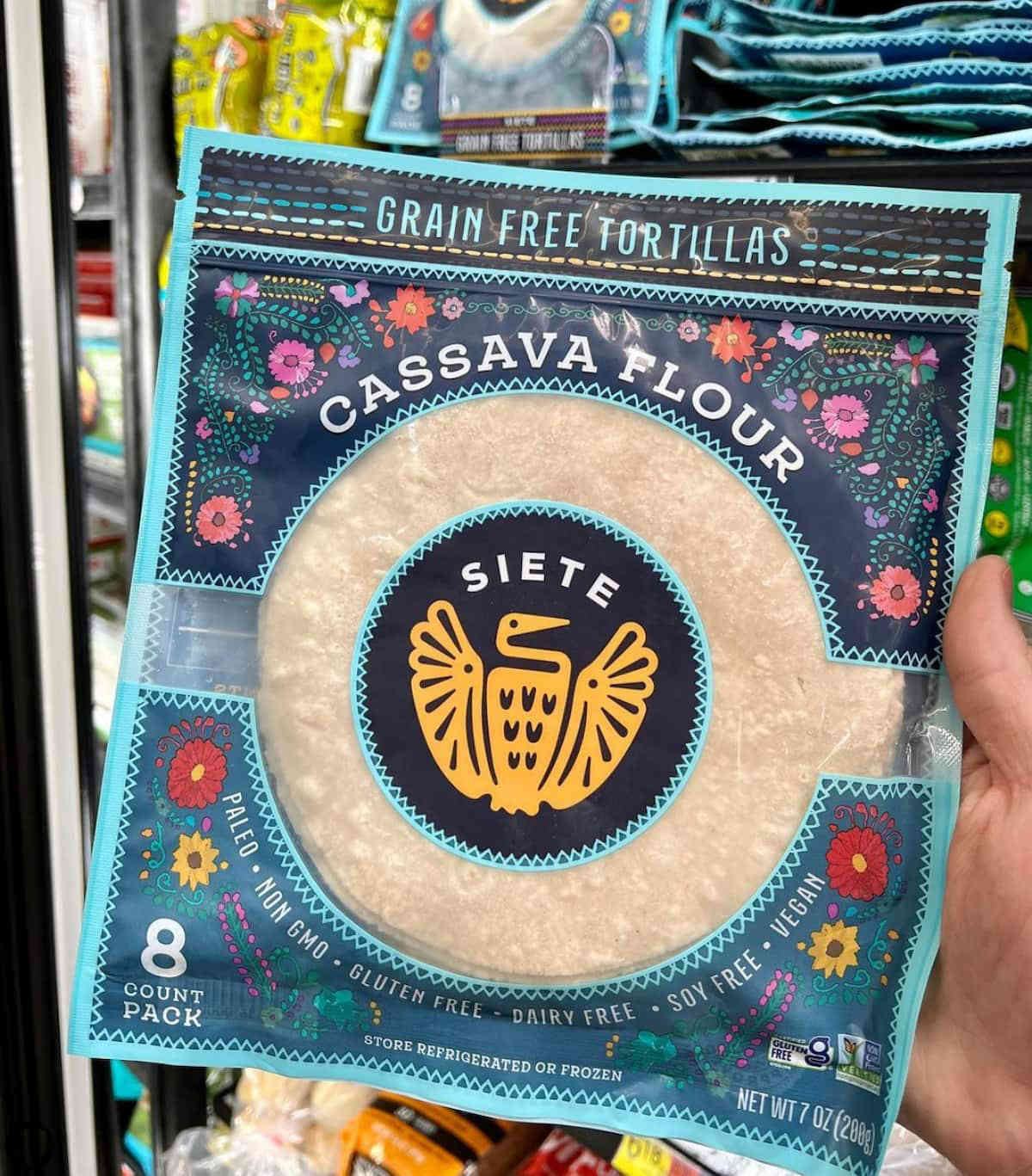
La Tortilla Factory
La Tortilla Factory is known for its diverse line of vegan tortillas, crafted with carefully sourced plant-based ingredients, showcasing their commitment to delivering high-quality, authentic-tasting tortillas. They offer everything from traditional flour and corn tortillas to low carb, grain free, and whole wheat varieties.
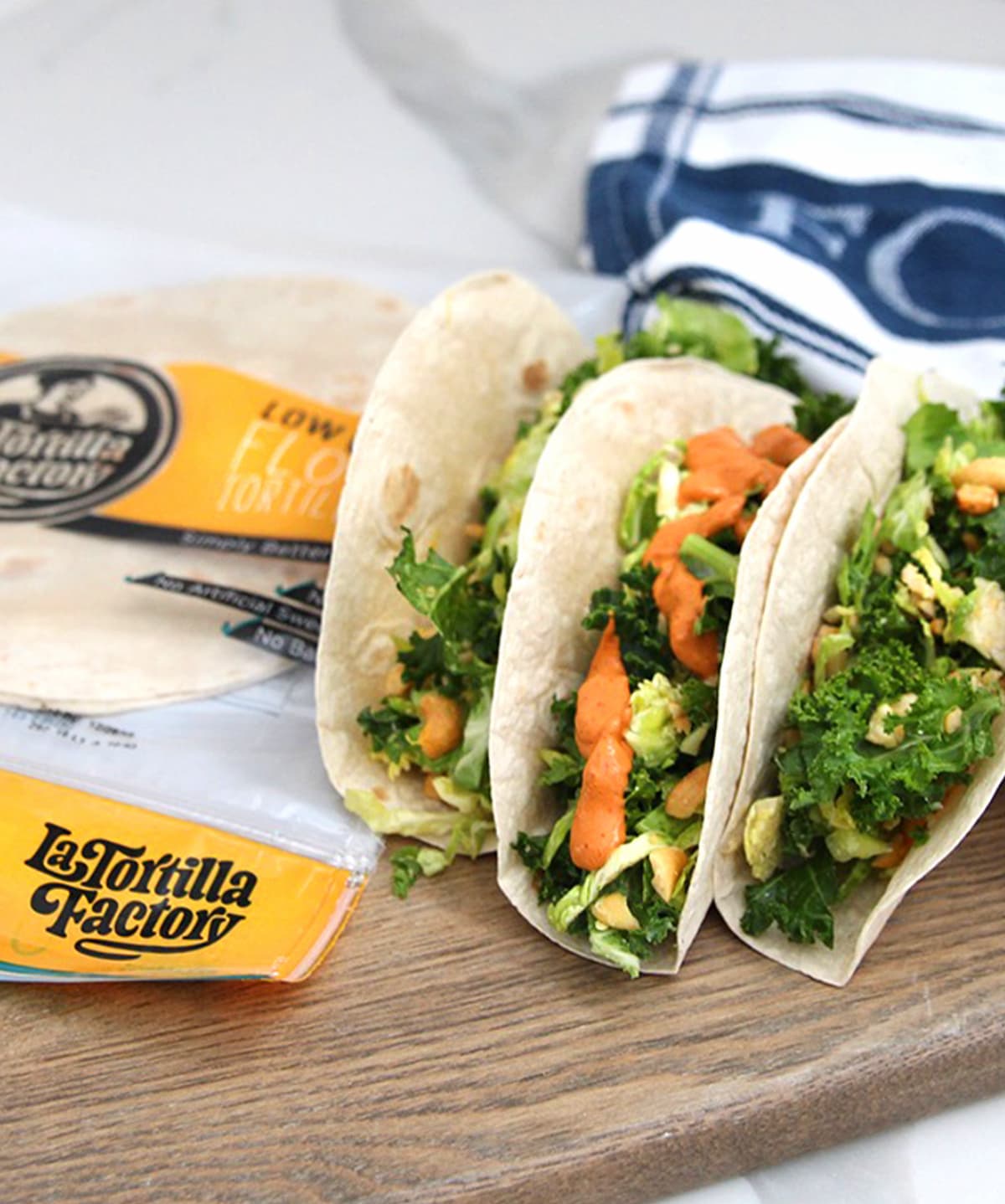
Toufayan
Toufayan provides a selection of vegan-friendly tortillas, incorporating a variety of flavors into their plant-based offerings. Enjoy savory spinach, sundried tomato, and garlic pesto wraps among regular flour tortillas, whole wheat, and keto options.
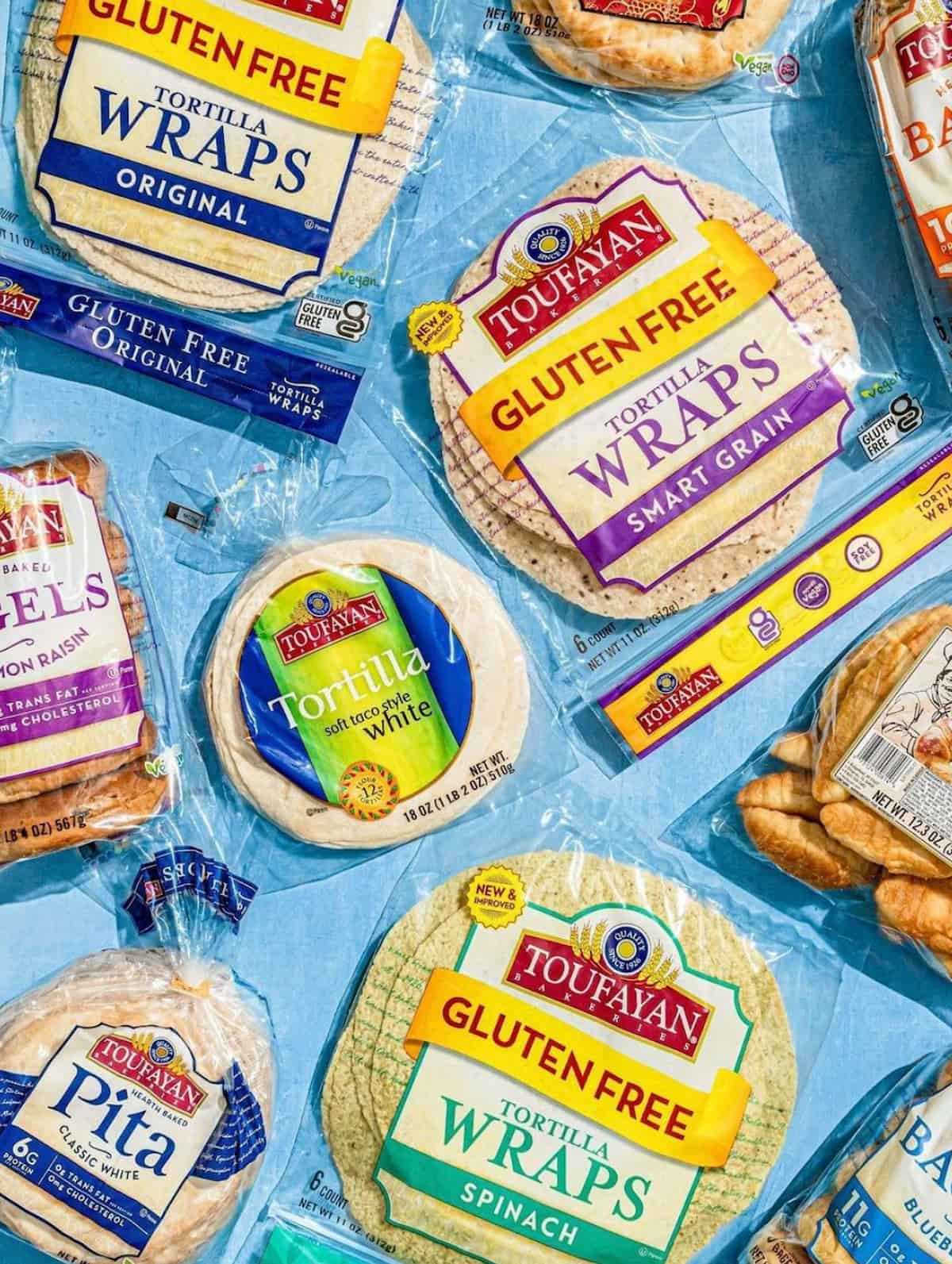
Food for Life
Food for Life’s vegan tortillas boast sprouted grains, providing a nutrient-rich option for conscious consumers. Their dedication to organic and sprouted ingredients sets them apart in the vegan tortilla market. Check out their brown rice, black rice, sprouted grain flax, sprouted whole grain, and sprouted corn tortillas.
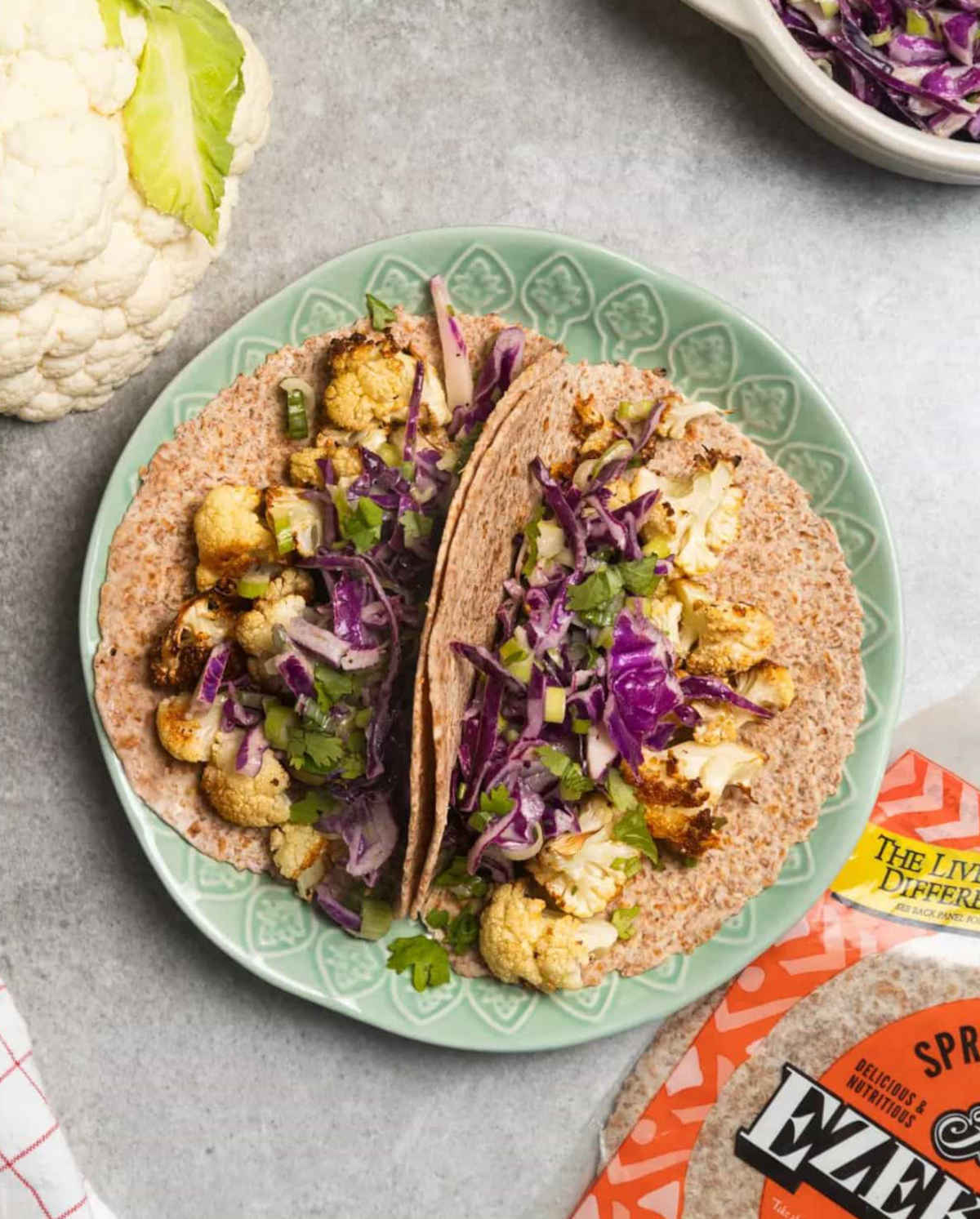
Rudi’s
Rudi’s vegan tortillas are known for their soft texture and exceptional taste, with many gluten-free. Look for their plain, spelt flour, and spinach tortillas.
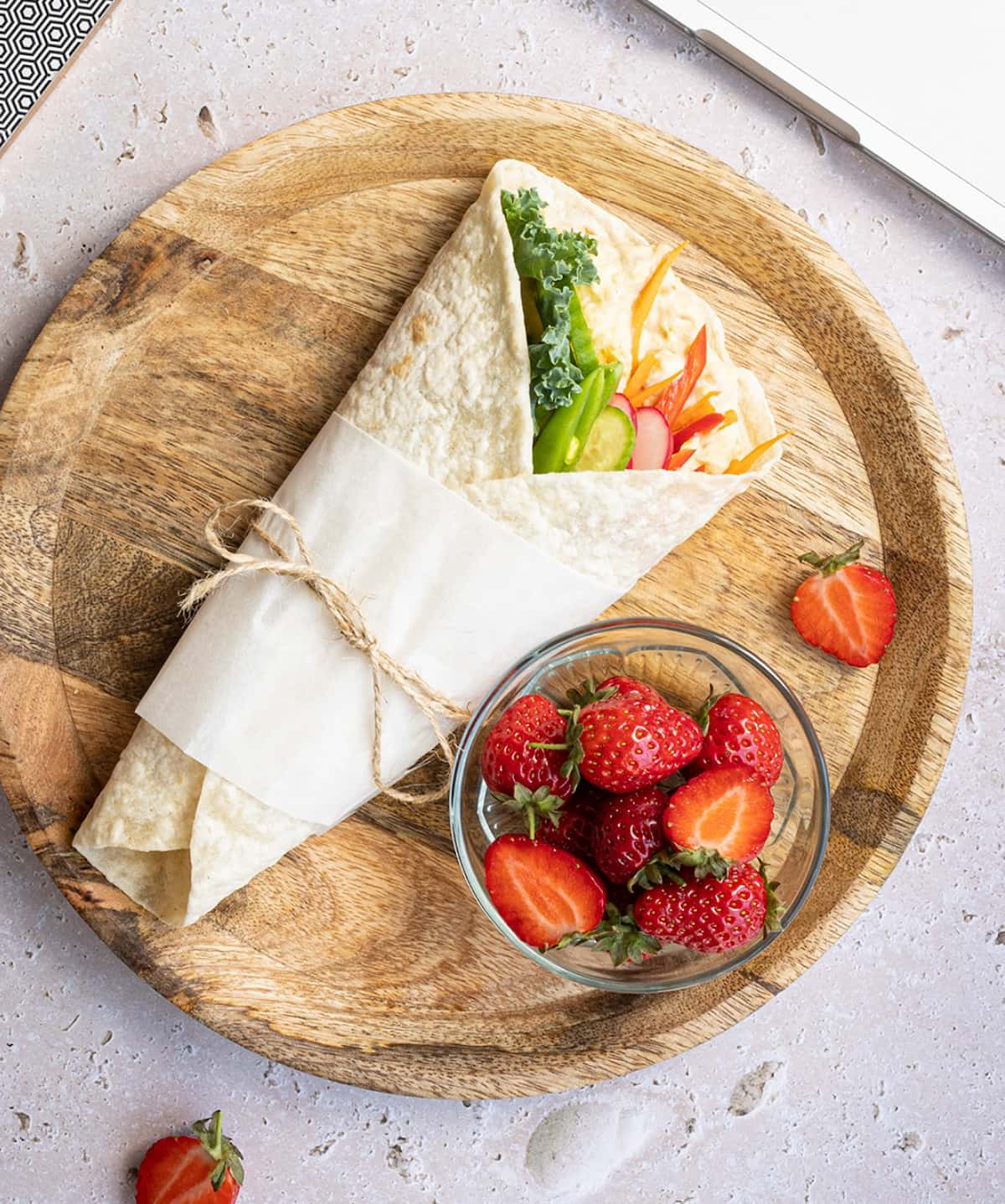
Mission
If you’re searching for tortillas at your local supermarket, chances are high that many of the options will be from the Mission brand. Luckily, all Mission wraps, tortillas, and chips are completely vegan!
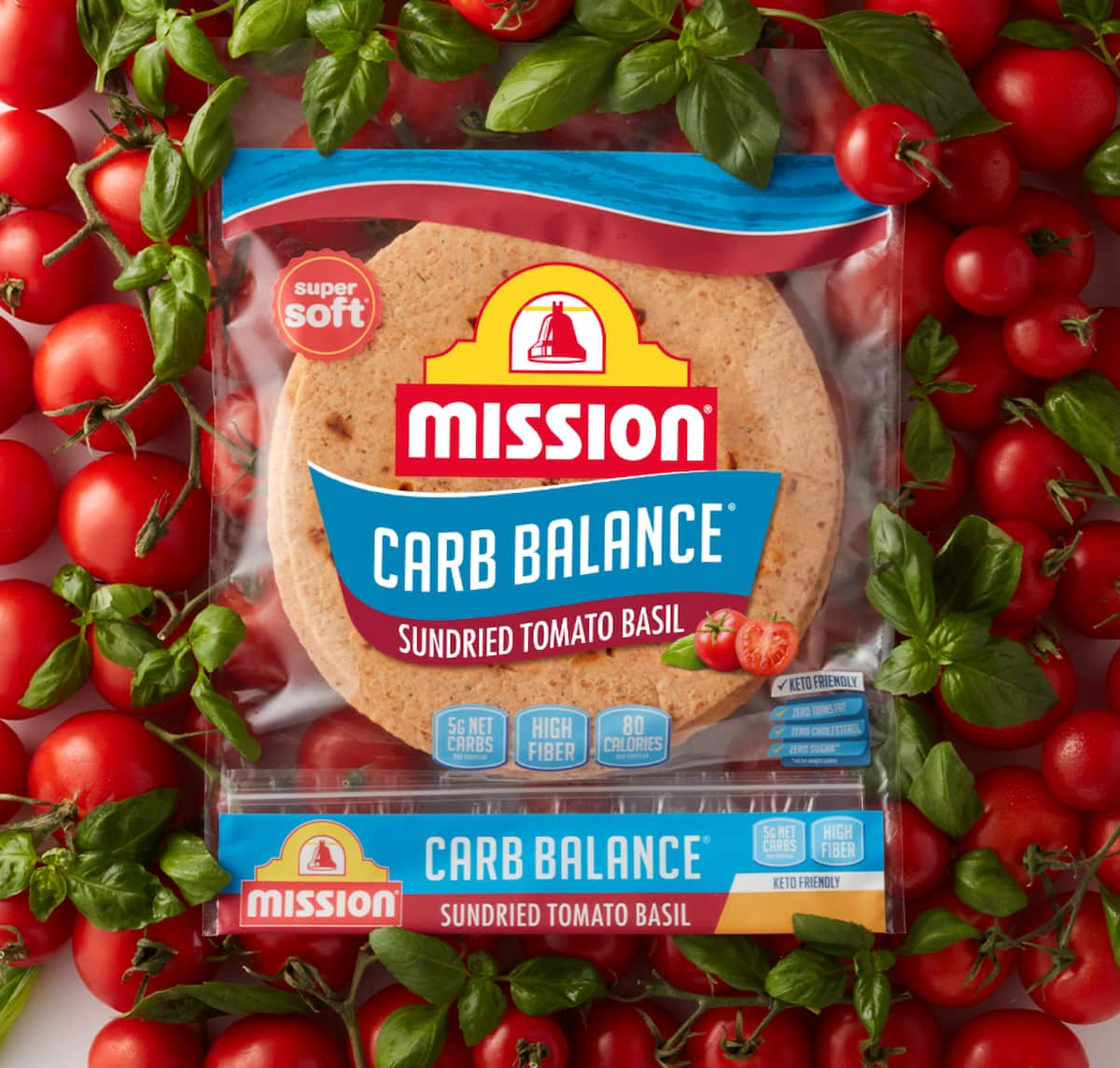
Old El Paso
Another popular and easy-to-find brand, Old El Paso features several vegan tortillas. All of their tortillas and taco shells are vegan-friendly. Their tortilla bowls are a fun way to switch it up on Taco Tuesday!
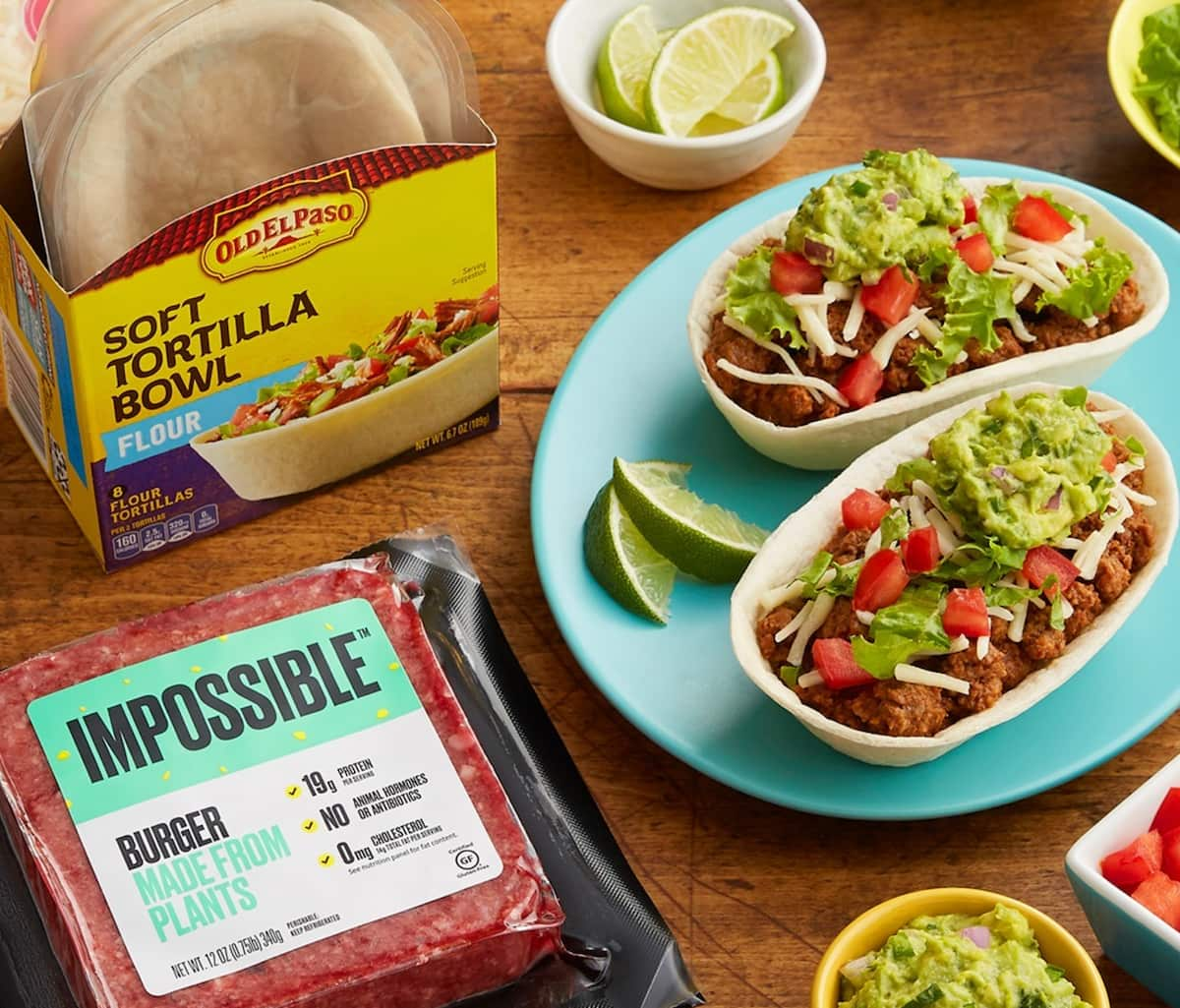
This is no an exhaustive list so let us know in the comments if you have a favorite vegan tortilla brand we didn’t mention!
Vegan Recipes with Tortillas
Now that we know which tortillas are vegan-friendly, it’s time to cook up something delicious! Here are some incredible ways to serve up those vegan tortillas:
- Try this Super Easy Vegan Burrito that’s full of veggies and beans!
- Cook up a Vegan Cheese Quesadilla that’s sure to please a crowd!
- Make a meaty Vegan Pulled Oyster Mushroom Taco with authentic Mexican flavors!
- Beefy Vegan Tacos are loved by vegans and non-vegan alike!
- Craving something crunchy? How about these Jackfruit “Pulled Pork” Tostadas!
This vegan tortilla guide was written with support from Hannah Kaminsky and edited by Rachel Lessenden.

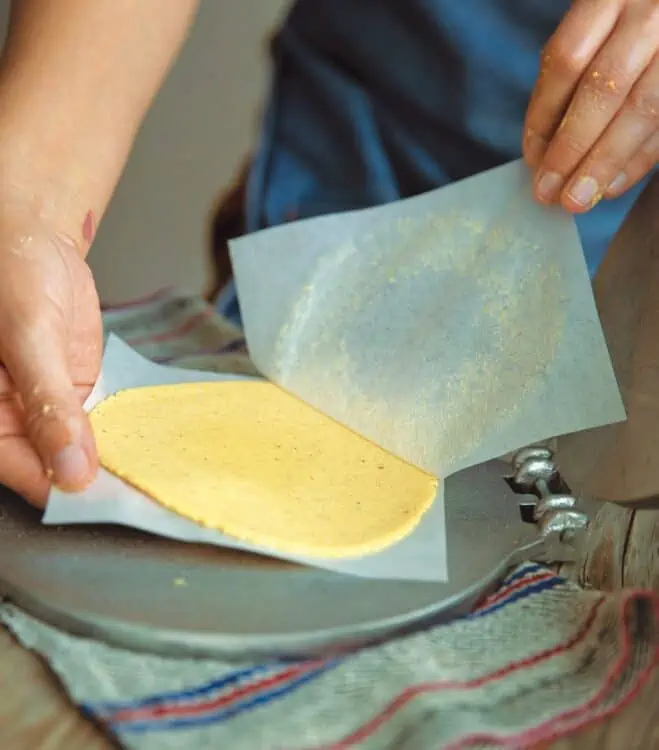
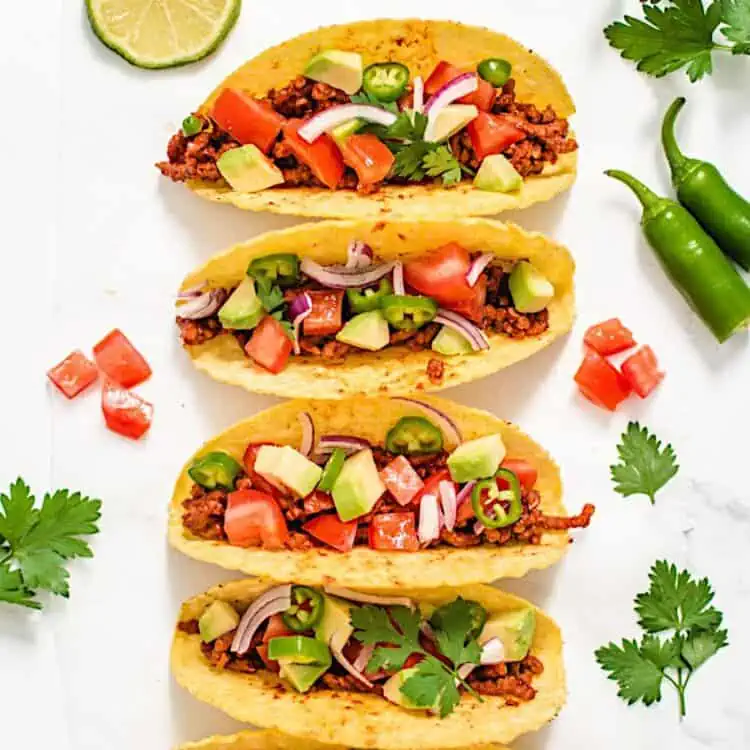
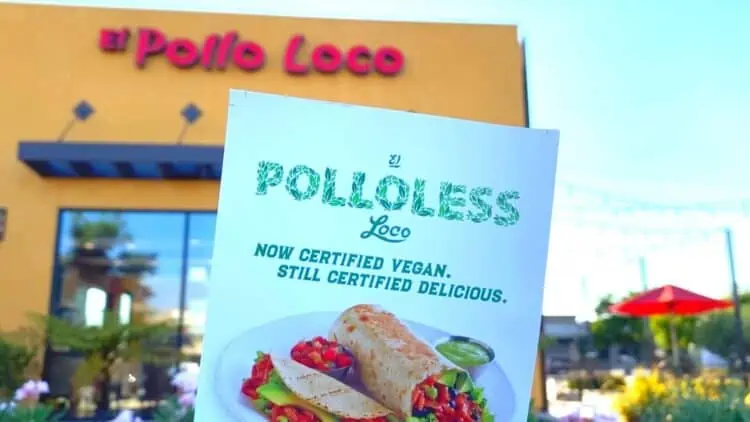
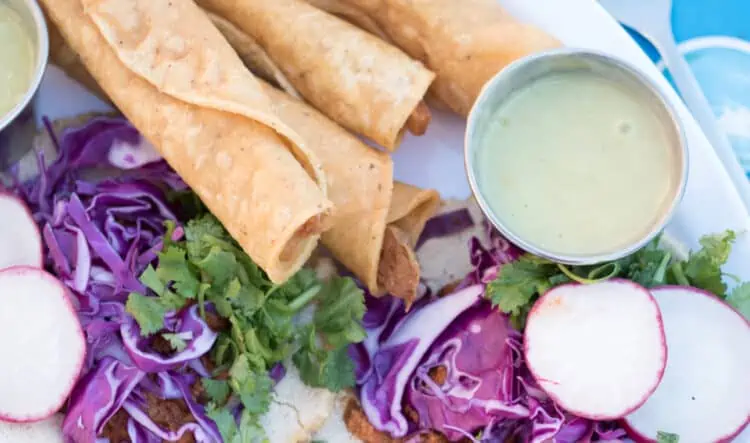
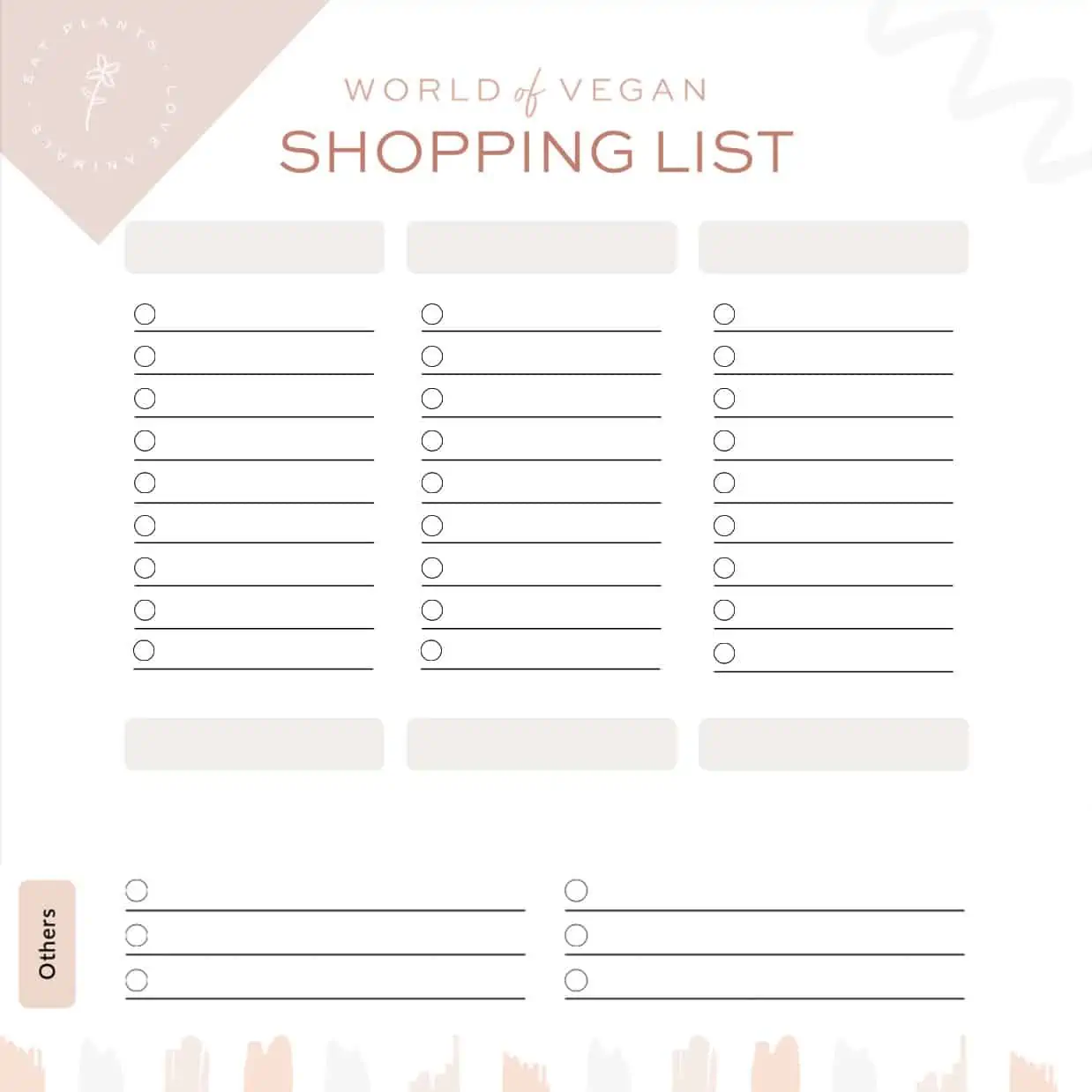
Leave a Comment
Recently started learning the different types of tortillas
Siete makes awesome tortillas! Thanks for this guide!